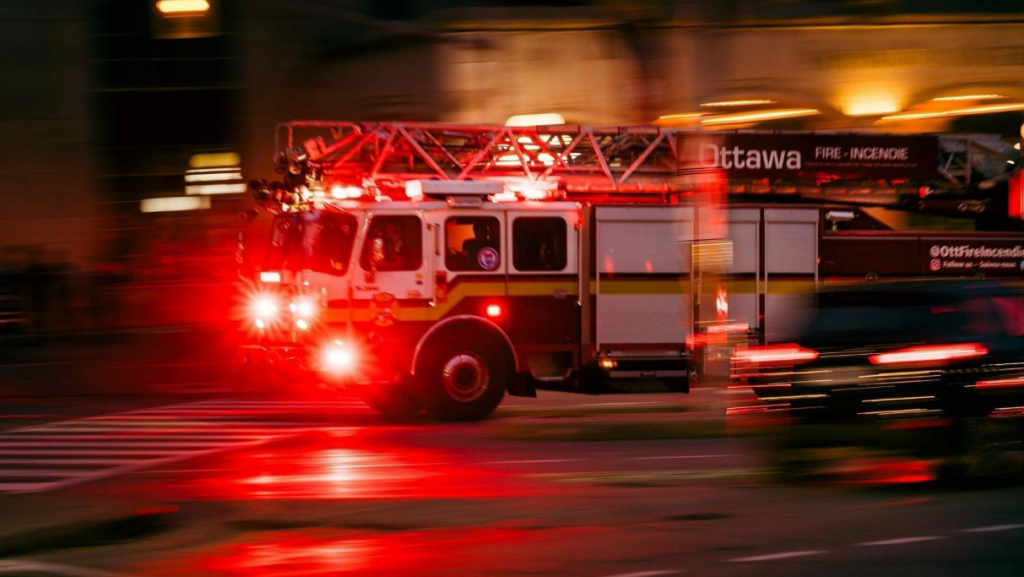CBSA intercepts hundreds of suspected fake COVID-19 documents at border
Posted Nov 30, 2021 07:20:00 PM.
It seems many people have tried to enter Canada with potentially fake COVID-19 documents in recent months.
According to the Canada Border Services Agency, agents have come across “374 instances of suspected falsified or fraudulent COVID-19 test results” as of Oct. 31.
One hundred sixty of those were intercepted at airports, while 187 were at the land border.
In addition to suspected fake test results, the CBSA says 92 instances of what are believed to be falsified or fraudulent proof of vaccination records were intercepted.
“All of these individuals were referred to [the Public Health Agency of Canada] for further assessment and possible enforcement,” a statement from the CBSA reads.
The agency could not provide a breakdown of which ports of entry intercepted fraudulent records.
People entering Canada are required to show proof of a negative COVID-19 test upon arriving to the country. This requirement is no longer needed for those who take trips lasting under 72 hours.
In addition to test results, as of Nov. 30, travellers are also required to show proof of vaccination to travel.
The CBSA says despite a number of people presenting suspected fraudulent or falsified documents, agents are “specialized in the detection” of such records “with a well-developed global intelligence network that helps to identify and interdict suspected fraud.”
“CBSA’s assessment and verification of vaccine credentials is a multi-step approach, including the attestation and upload of vaccination credentials through ArriveCAN, automated checks using advanced technology to determine whether the documents provided meet the expected characteristics of a vaccination credential, and the extensive training of border services officers who examine physical vaccination receipts and records when necessary,” the agency writes in an email to CityNews.
The border service says its agents use a number of techniques to identify documents. It would not provide specific details about those techniques, only saying “any document that is suspect is referred for further investigations by PHAC.”
Penalties may apply for those presenting fraudulent documents
Providing false information or documents to the government can come with hefty penalties. The Quarantine Act says someone caught submitting false information or documents could be fined up to $750,000, six months in jail, or both.
People may also be prosecuted criminally for forgery.
“Foreign nationals who provide false information may also be denied entry and/or banned from returning to Canada. Further, a person who causes a risk of imminent death or serious bodily harm to another person while willfully or recklessly contravening this act or the regulations could be liable for a fine of up to $1,000,000 or imprisonment of up to 3 years or both,” the CBSA writes.
As of Nov. 30, unvaccinated travellers over the age of 12 won’t be able to board a plane or train in Canada, and a negative COVID-19 test will no longer serve as a substitute for most people.
The policy has been in effect since Oct. 30, but the government has been providing a short transition period during which an unvaccinated traveller could show proof of a negative test taken within 72 hours of travel. That is no longer acceptable.








